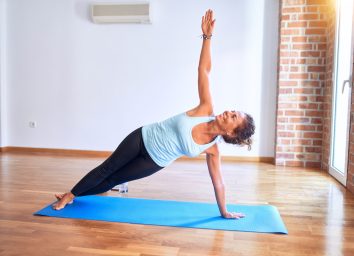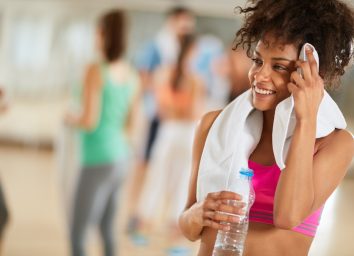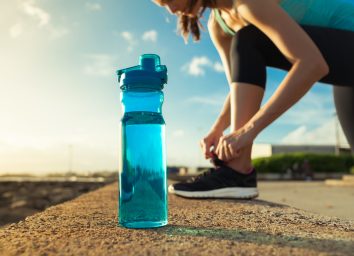New Study Reveals a Huge Side Effect of Exercising in Your 20s
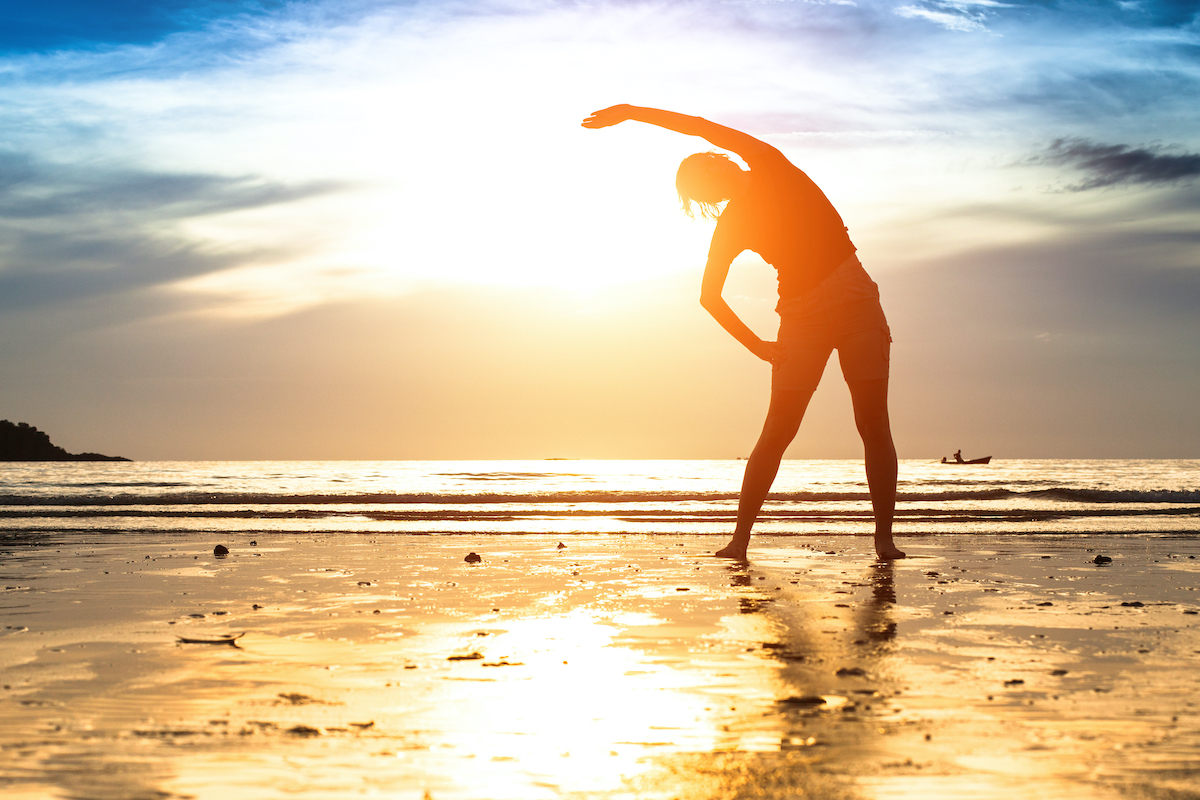
According to the CDC, one in six American adults binge drinks roughly four times per month. “This results in 17 billion total binge drinks consumed by adults annually, or 467 binge drinks per binge drinker,” they observe.
According to the results of a survey published in The American Journal of Drug and Alcohol Abuse, binge-drinking—loosely defined as having 4 or 5 alcoholic beverages in a single evening—was rapidly on the rise across practically all ages during the heights of the COVID-19 pandemic. But it will likely come as no surprise to know that the biggest binge drinkers of all, according to the CDC, are those in 18 to 34 year-old age bracket.
Suffice it to say, binge drinking at any age is associated with all sorts of negative outcomes, from injuries to violence, from chronic diseases to cancer, and all sorts of physical and mental health issues that are almost too numerous name.
Now, it’s a good idea to not only drink less at any age but also to erase binge-drinking from your life altogether. But as anyone who is over-40 knows, when you’re in your 20s, it’s all too easy to drink a bit more. According to a new study published in the journal Addictive Behaviors, one way people in their 20s can reduce their desire to binge drink is to simply exercise more. Read on for more about this study, and what it means for you or those you love. And for more of the benefits of regular exercise, see here for the Secret Side Effects of Exercising Before Breakfast, Say Experts.
Testing College-Age Drinkers
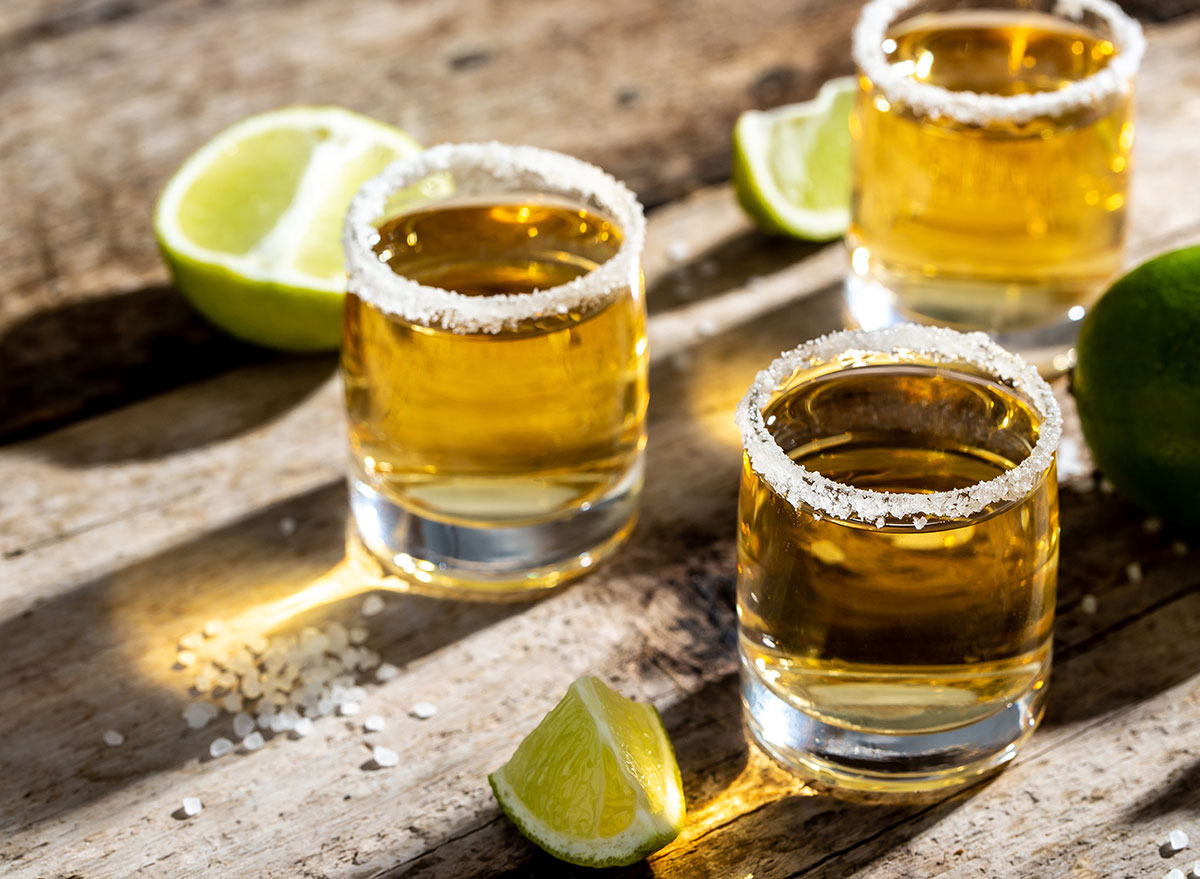
For the study, researchers at Midlands University recruited 60 students who met the criteria for “problematic alcohol consumption behavior” and were lumped into three separate groups, which included a group that participated in short circuits of moderate exercise. The participants filled out a series of questionnaires, including the Alcohol Use Disorders Identification Test. And for more benefits of exercising more, don’t miss The One Major Side Effect of Walking Every Day, According to Science.
Here’s What They Found

The researchers concluded that alcohol cravings—which, according to the study, is “considered to be a vital contributor to the onset and maintenance of alcohol misuse”—was lowest among the students who exercised. “A short exercise circuit significantly reduced alcohol craving in students,” reports the study.
Furthermore, the study says that the same reward circuits in the brain that are usually “stimulated via alcohol can be substituted with exercise.” (Emphasis ours.) Going into the study, the researchers noted that “levels of dopamine, norepinephrine, and serotonin, as well as the release of endorphins that would otherwise be artificially stimulated using alcohol are hypothesized to increase via alternate substitution induced by exercise.”
Ultimately, they proved it to be true. “The present study found that a short exercise circuit significantly reduced alcohol craving, whilst also eliciting beneficial effects on mood and anxiety,” the researchers wrote.
The Link Between Exercise and Decision Making
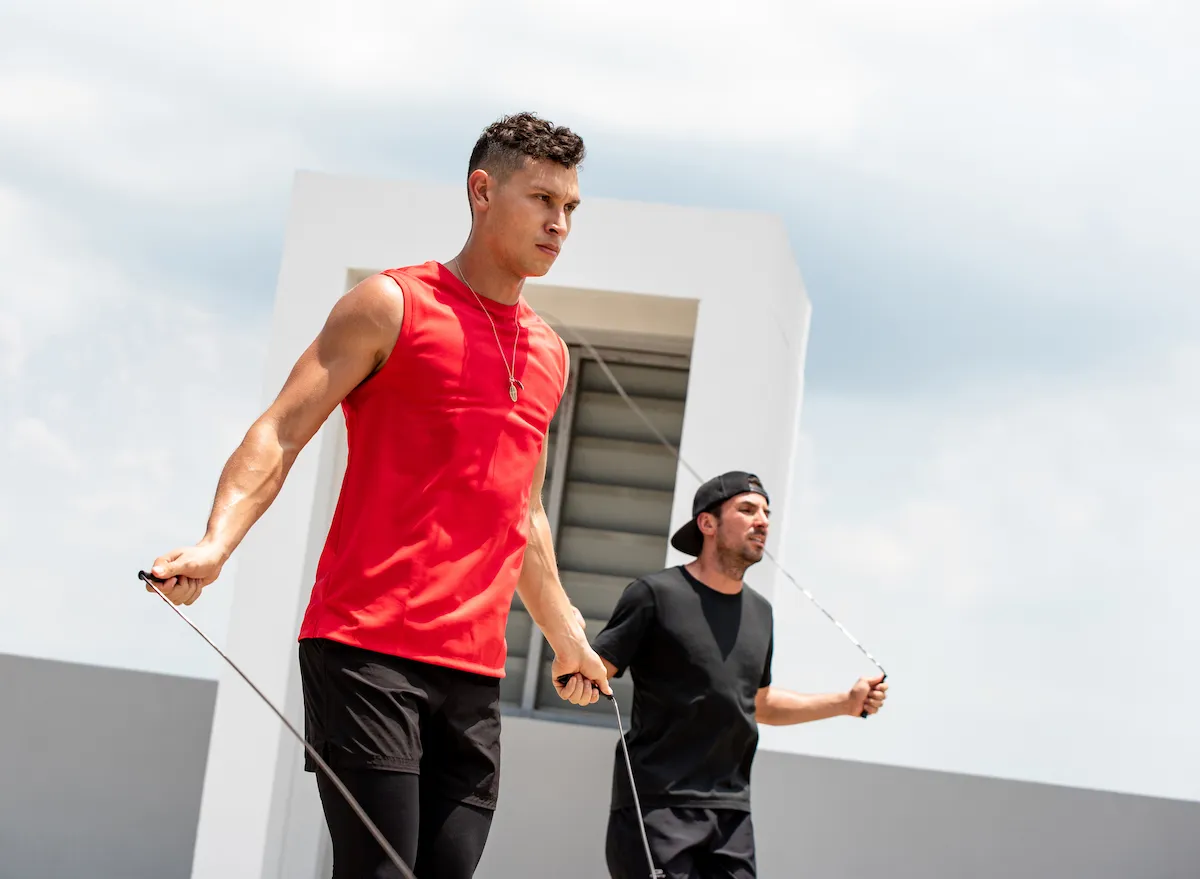
It’s just the latest study to extol the benefits of moderate exercise on not only your body but also your decision-making—especially as it pertains to the choices you make regarding putting things into your body. Research published in Medicine & Science in Sports & Exercise found that exercising in the morning, specifically, led to better eating decisions for the rest of the day.
A group of 35 women were shown various images of food following either 45 minutes of morning exercise or no morning exercise at all. Following a workout, the participants’ “attentional response” to the food images decreased considerably on a neurological level. Study authors conclude that “a bout of MV (moderate to vigorous) exercise decreases neurologically determined food motivation.”
What’s more, a study published in the British Journal of Sports Medicine found that exercise improves decision-making skills and overall cognition among older individuals.
Signs of Alcohol Use Disorder
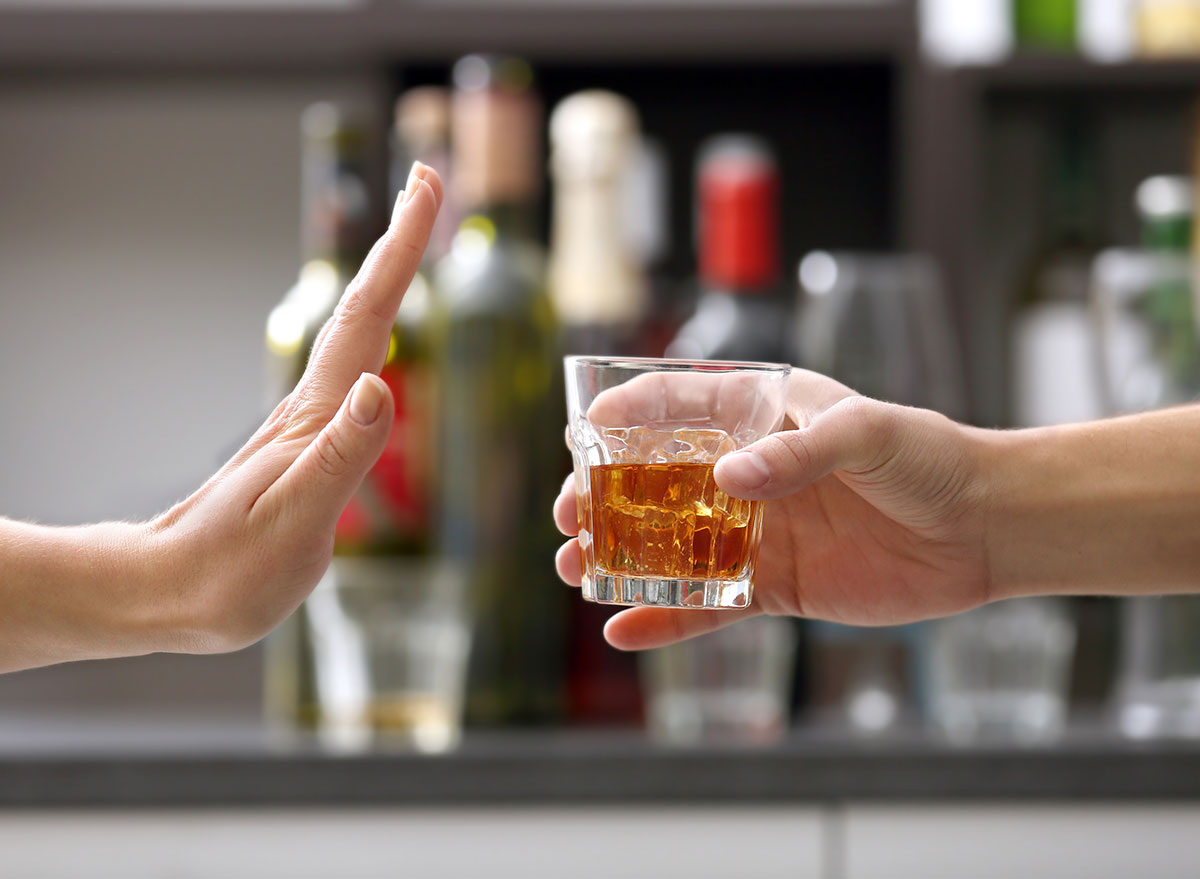
The leading health experts at the Mayo Clinic define the general term “alcohol use disorder” as “a pattern of alcohol use that involves problems controlling your drinking, being preoccupied with alcohol, continuing to use alcohol even when it causes problems, having to drink more to get the same effect, or having withdrawal symptoms when you rapidly decrease or stop drinking.”
If this sounds familiar and you find that you experience any of the symptoms associated with alcohol use disorder—which range from being unable to control the amount you drink to willingly giving up social obligations to pursue your drinking (for a complete list of symptoms, see here)—you should seek out professional help. After all, it may save your life. Research published in the journal Acta Psychiatra Scandinavica found that alcohol use disorder was associated with a much, much shorter life expectancy, and could potentially end your life prematurely by as much as 28 years. For more on this, see the Surprising Side Effects of Drinking Alcohol, Say Experts.
